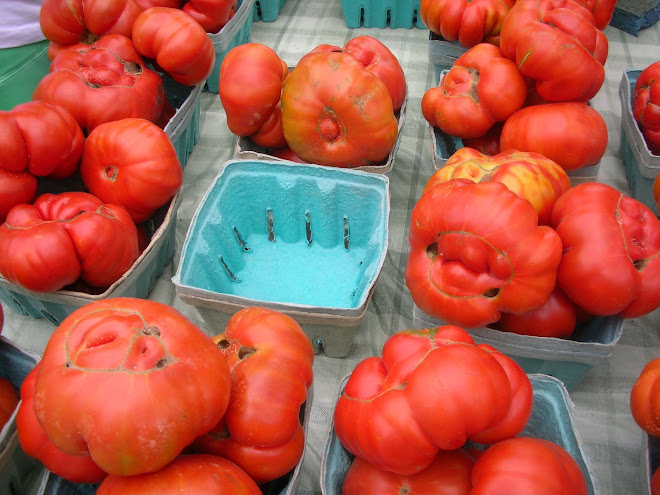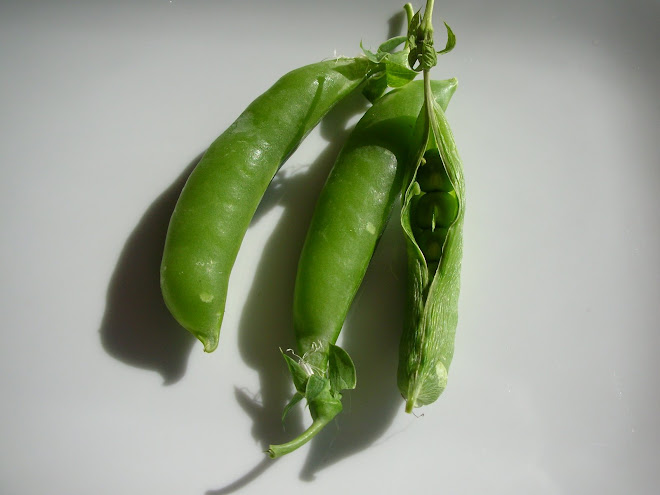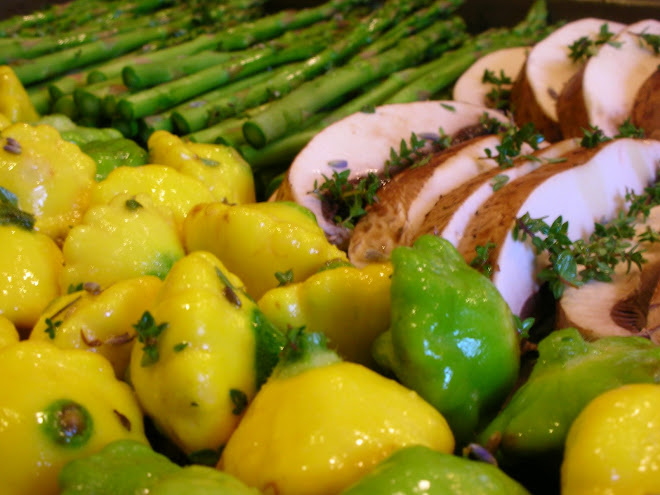Now for the nutrition side: Yogurt is an excellent source of calcium and Vitamin D which help build stronger bones and teeth. This yummy dairy product also contains probiotics or 'good' bacteria: L. acidophilus, S. thermophilus, and L. bulgaricus. These probiotics can help promote intestinal health, aid in digestion and boost the immune system by fighting 'bad' bacteria in the gut. The bacteria in yogurt produces the lactase enzyme that helps digest lactose, making yogurt a great dairy product for lactose-intolerants. Oral antibiotics can kill all the bacteria (good and bad) in your GI tract and can cause some unpleasant symptoms. If you are wanting to re-populate your intestines with good bacteria try some yogurt, but make sure that it does contain probiotics or the bacterial species listed above.
Making your own yogurt may seem complicated but if you've got a yogurt maker, it's very simple! All you need is milk and yogurt culture, which can be purchased online or at most nutrition stores/Whole Foods. (We use the Yogourmet brand.) Depending on the type of milk you use, plain yogurt can contain 100-130ish calories per serving, 5 grams of fat, and 6 grams of protein.
Homemade Yogurt:
1 quart whole or 2% milk
5 gram packet of yogurt culture
1. Heat the milk in a saucepan over medium heat until milk starts to boil or reaches 180 degrees. Remove from heat.
2.When temperature drops to 115 degrees, stir in culture and pour into glass jars. Place jars into yogurt maker and incubate for 6- 10 hours (8 hours for my taste). If you prefer firm yogurt then I would increase the boil and machine time for your yogurt.
3. Remove jars from machine and chill in refrigerator before serving. Yogurt lasts around 2 weeks (although it never lasts more than a few days at my house).
Since a yogurt maker is essentially an incubator, you can make yogurt without the machine. Use recipe above, but after stirring in the culture, pour mixture into a large bowl and cover with a towel. Keep in a warm place for 6 to 8 hours (Examples: oven on warm setting, heating pad, or a double boiler over warm water). The yogurt needs to maintain a temperature of 110-115 degrees for proper development. This is the more difficult method, so if you intend on making yogurt often, the machine is worth the investment.








delicious................scrumptrulescent.....
ReplyDeleteKaty, you got a post about FOOD y'all ate in SanFran! I know there had to be something yummy & memborable from the trip. ;)
ReplyDelete